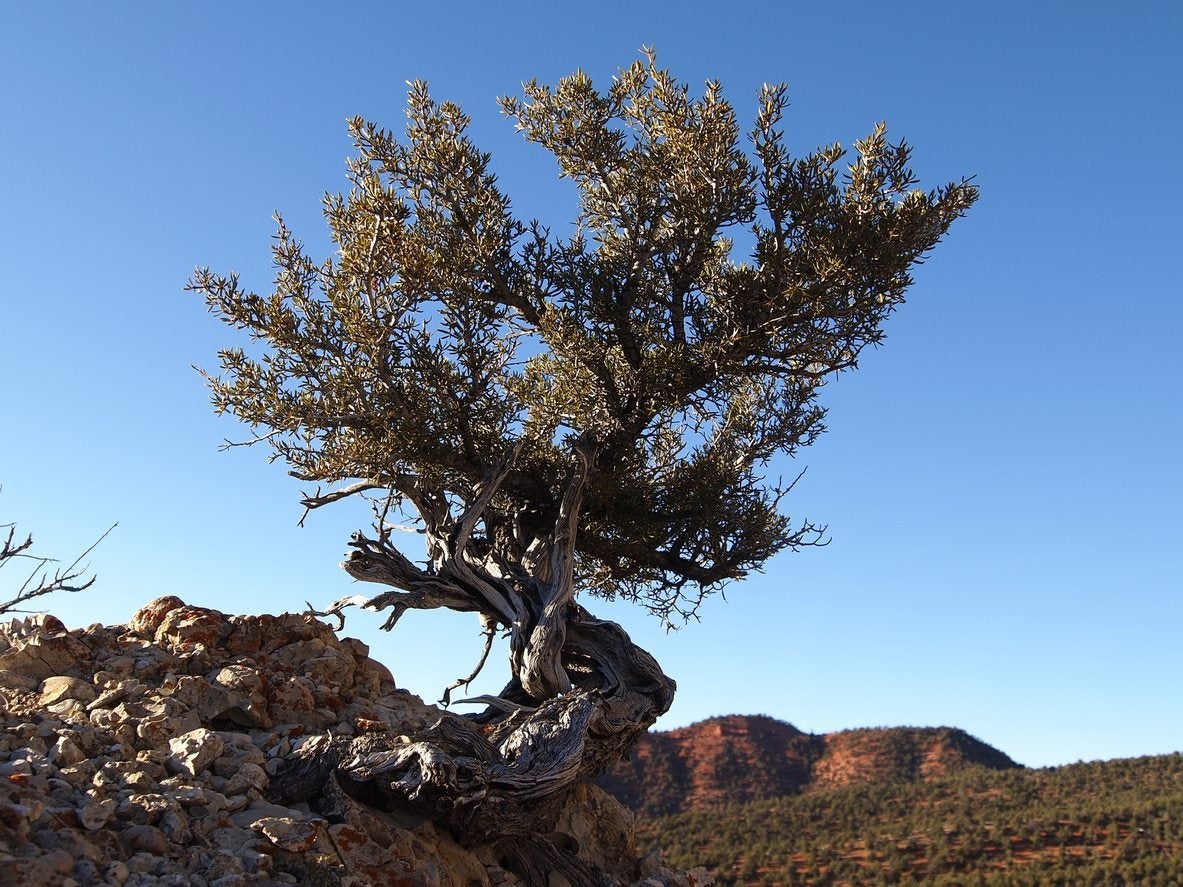Mountain Mahogany Care: How To Grow A Mountain Mahogany Shrub


Mountain mahogany can be seen gracing the hilly and mountainous regions of Oregon to California and east to the Rockies. It is not actually related to mahogany, that glossy wooded tree of tropical regions. Instead, mountain mahogany shrubs are plants in the rose family, and there are 10 species native to North America. Read on for more information on how to grow a mountain mahogany plant and its noteworthy characteristics.
What is Mountain Mahogany?
Hikers and nature lovers that trek or bike in the challenging vertical regions of the western United States probably have seen mountain mahogany. It is an important broadleaf evergreen to semi-deciduous shrub that prefers dry soil conditions and has the ability to fix nitrogen in soil. As a landscape addition, the plant has great potential, especially since mountain mahogany care is minimal and the plant is very forgiving about site and soil. Of the three most common species of mountain mahogany, dwarf mountain mahogany, Cercocarpus intricatus, is the least known. Cercocarpus montanus and C. ledifolius, alder-leaf and curl-leaf respectively, are the more dominant species in nature. None of the species gets much over 13 feet in height (3.96 m.), although curl-leaf can get to the size of a small tree. In the wild, alder-leaf mountain mahogany shrubs are rejuvenated by fire, while the curl-leaf variety are subject to serious damage from fire. Each species develops fruits that burst and throw out fuzzy seeds that sprout readily.
Mountain Mahogany Info
Curl-leaf mahogany has small, narrow, leathery leaves which curl under at the edges. Alder-leaf mahogany has thick, oval leaves with serrations on the edge, while birch-leaf mahogany has oval leaves with serration only at the tip. Each is actinorhizal, which means the roots can fix nitrogen in soil. The identifying seeds must be mentioned in any mountain mahogany info. Each is large and has a feathery tail or plume off the distal end. This tail helps the seed move in wind until it finds a likely place to plant itself. In the home garden, curly leaf is especially adaptable and can even withstand heavy training from pruning or coppicing.
How to Grow a Mountain Mahogany
This plant is a very hardy specimen, tolerant of drought and heat once established, and survives temperatures of -10 F. (-23 C.). Mountain mahogany care includes regular watering to get them established, but their needs reduce severely after they are used to the site. They are particularly unbothered by insects or disease, but deer and elk do like to browse the plant. Curl-leaf mahogany is not a competitive plant and needs an area free of grasses and weeds. You can propagate the plant through its curly tailed seeds, mound layering or cuttings. Be patient, as this is an extremely slow growing plant, but once mature, it can form a lovely arched canopy perfect for providing a spot of sun in the landscape.
Sign up for the Gardening Know How newsletter today and receive a free copy of our e-book "How to Grow Delicious Tomatoes".

Bonnie Grant is a professional landscaper with a Certification in Urban Gardening. She has been gardening and writing for 15 years. A former professional chef, she has a passion for edible landscaping.